No products in the cart.
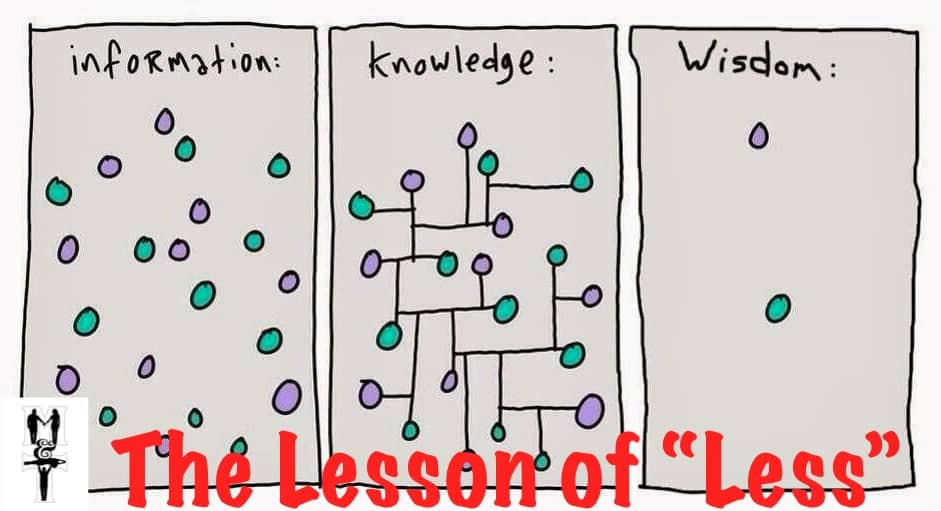
The Lesson of “Less”
Reading Time: minutes remaining
I’m a bit of an overachiever. This is no surprise. I don’t see much point in “just doing enough”. But overachievers tend to overachieve in both quality and quantity, which have different advantages and…not disadvantages, but consequences. (obsessive pursuit of quality has the potential of leading to paralysis by analysis). Experts in any field have developed the wisdom to efficiently manage their quantity and quality for maximum results. Here’s a large nugget of wisdom of “more is not better”…based in my personal pursuit of that wisdom.
Searching for improvement in the dance world demands a realistic level-headed perspective. It may seem like more is better: more applause, more photo moments, more trophies, more points, more rhinestones, more tricks, more dips, more pirouettes… The more you attain, the more you get rewarded which reinforces the behaviour, and we develop a bit of an addiction, to the point where it feels stagnant if you had a ton of fun at an event but walked away with zero hardware.
Of course, the source of the problem here is the reinforcing rewards. Extrinsic motivation is the drive to achieve or improve because external rewards are in place: popularity, money, recognition, fame, admiration, status, etc. Intrinsic motivation is what drives people from within. The rewards are internal: dancing/competing makes feels good, fills their bucket, provides a kind of emotional high, is satisfying and fulfilling regardless of the result; when you feel an internal need or drive to move with a partner to the music, even if there is no one around with a clipboard or camera to watch. Everyone has a mixture of both types of motivations, the key is to make sure the balance is healthy.
The point is, quantity does not necessarily beget rewards. Your could have mediocre dances with 30 partners on Friday night but be far more satisfied after only 3 mind-blowing dances on Saturday night. Just because you do 5 more pirouettes than than the couple that danced next to you, does not mean you should place higher. Just because your routine had 8 lifts while the others had 5 does not make your routine superior. And just because you have more patterns in your database does not make you a more worthy competitor.As a social dancer, it’s not the size that matters…of your pattern database! When forced to choose, the followers will pick a leader with a quality connection over a leader with a large repertoire. In other words, “It ain’t what you do, it’s the way that you do it”.
In the pursuit of intrinsic and extrinsic rewards, we often make the mistake of firing more shots in the hope of increasing our chances of scoring. Experts in any field will tell you this is a waste of energy. It’s a rookie phase everyone goes through. The ultimate goal is to train to become more efficient so that it takes fewer attempts, less energy, less time to hit the target. During the practice phase you attempt hundreds and thousands of repetitions in order to refine your aim. This mileage, this experience, is what separates the elite from the masses, is what allows the Pros to make it look so easy. When you’ve done it a thousand times wrong, you know where not to waste your time. (yes, we’re still talking about dancing) This, right here, is Wisdom.
In order to understand Wisdom enough to be able to pursue it and take advantage of it, we need to distinguish it from its predecessors: Information and Knowledge.
Information is data gathered from a variety of sources usually in a random order. Unfortunately, the vast majority of dancing is taught this way, so dancers have varying sizes of random disconnected bits of information they picked up not only from different occasions and teachers, but also different dance styles and life experiences. Patterns, styling, footwork variations, technique advice, social skills, historical facts, drills, competition tips, etc.
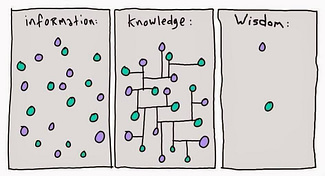
Knowledge is understanding how those seemingly disparate information data bits are connected and relate to each other. Seeing the relationships between them, the cause and effect, the foundation needed to progress to the next goal, the ripple effect an error can have and the pervasive wave of influence one simple piece of advice can do to transform your whole dance. Because of the way dance has historically been taught, many dancers do not reach this stage of awareness until well into their Advanced division/level. It is (unrealistically) expected that dancers will form their own knowledge network to join all their bits of data as they accumulate over time.
Wisdom is knowing which of all those pieces are the important ones, and which ones are noise. Knowing which bits of information are needed in particular circumstances, focusing exclusively on those and spending less time, effort and energy on the fluff. This applies in planned decision making as well as improvisation. Life becomes simple in that moment: the path becomes clear and obvious. Time seems to pass slower as the decision making process is streamlined without the panic. Adding more elements does not add to the quality of the artistic expression, it actually sacrifices it. Wisdom is knowing which elements are most valuable and effective for the intended purpose.
An example is shopping for shoes. You may be overwhelmed with all the pretty choices and impressive quality you see and try on, but just because they look good on the shelf does not mean they will look good on you. And just because those shoes look good on you doesn’t mean you need to buy them. Wisdom is evaluating the appropriateness of the shoes purchase in the moment: do I have a need for this pair of shoes in my wardrobe? Do I own anything similar already? Would it be smarter to spend my money on this pair of shoes, or on these other items I really need instead? Is this a practical or emotional purchase? It takes experience to answer these questions instinctively, to be able to filter out the distractions and focus on the elements that are important in the moment.
There’s no substitute for experience. Wisdom only comes through experience. Experience gives us the wisdom: we remember which decisions worked best, which were mistakes, etc. A mentor or coach can loan you their wisdom, and you would be smart to take it, but unfortunately because students haven’t reached this level of awareness yet, they think they see many alternatives to the mentor’s suggestion, not realizing that the mentor has already tried and experienced all these avenues and has edited and tailored their advice in the interest of not wasting your time.

Of course, you can be wise in particular areas and have only limited knowledge in others. This is what leads to a false sense of security. The “I got this” confidence. It’s not that your wisdom failed you, it’s that you mistakenly assumed your wisdom would transfer to other areas you have not developed yet.
Learning wisdom in social dancing:
- As a follower, it is far less effective to throw in styling at every opportunity. The goal is to select your moments and choose a styling that is convenient and hits the music exactly.
- Just because you need a dip, doesn’t mean you have to do the full version and over-commit. If you feel it’s not appropriate in the music, you can modify it to make it more effective, or you can leave it more open to interpretation and see if your partner has an idea.
- Just because you recognize the set up for your favourite styling doesn’t mean it’s a good idea in that moment.
- I can hear that break coming a mile away, but that doesn’t mean I have to force us into something unnatural or disruptive. If I let the flow continue, a better opportunity will present itself. Sounds like relationship advice!
- Doesn’t have to be a high-volume accent – a more subtle movement could show more control.
- More speed doesn’t necessarily mean better effect. Sometimes the slow, controlled movements are the most impactful ones.
- Advanced and All-star dancers sometimes try way too desperately to insert all their hardest moves with no strategy, no patience, no standards. Just vomiting patterns and tricks.
- Assuming the same level of quality, 5 pirouettes strategically placed will be more effective than 10 pirouettes randomly thrown in.
- Those 8 lifts are not worth the extra effort if they each have sloppy transitions.
- Routines: just because you can fit it in, doesn’t mean you should. The breathing space left behind by taking that superfluous move out will be more valuable than the move itself.
- Just because you can “handle” that extra trick doesn’t make it a good reason to include it. You don’t want to just survive the routine – you want to nail it.
- The choreographer gave you choreo that you can’t execute even with abundant practice – you should modify it so it’s easy enough that you can confidently and consistently nail it. Don’t try to force it – the artistry is more important than the difficulty.
Learning Wisdom in teaching:
Being verbose. Talking too much. Many teachers fall into the trap of trying to tell their students ALL the gory details about a topic because they are excited to share or because they think it makes them sound more credible. But the students have neither the capacity nor the need for 80% of that information, which means it’s a waste of breath. A wise teacher will select and edit only the most effective information and deliver it in a succinct and efficient way. A wise trained teacher will be able to link these data bits into a progressive sequence that relates to the knowledge structure the students already have…For more information on our unique skill-development based teacher training program, check out www.swingliteracy.com
I’ve developed wisdom over the years and get wiser every day. I laugh at some of my old video clips because they are so over the top: “More more more!”, “Less is boring!”. Am I perfect yet? Hah! Far from it. but I know how to get there and I’m committed to constant improvement.
What is the take home message? Listen to your mentors. They’ve been there done that and are trying to save you time and money. You’re not the first to think you have a better way. You’re not as original as you think. Don’t believe that their way might be better? Get a second mentor’s opinion. If they tell you the same thing maybe you should reconsider your “original” plan. Be hungry for information, but don’t stop there: seek out the knowledge to connect data bits to make them useful to you and start to build a bigger picture. When you find you have plenty to choose from, start being picky. Develop higher standards and pay attention to when you’re forcing it. Focus on quality not quantity, and make wise choices!
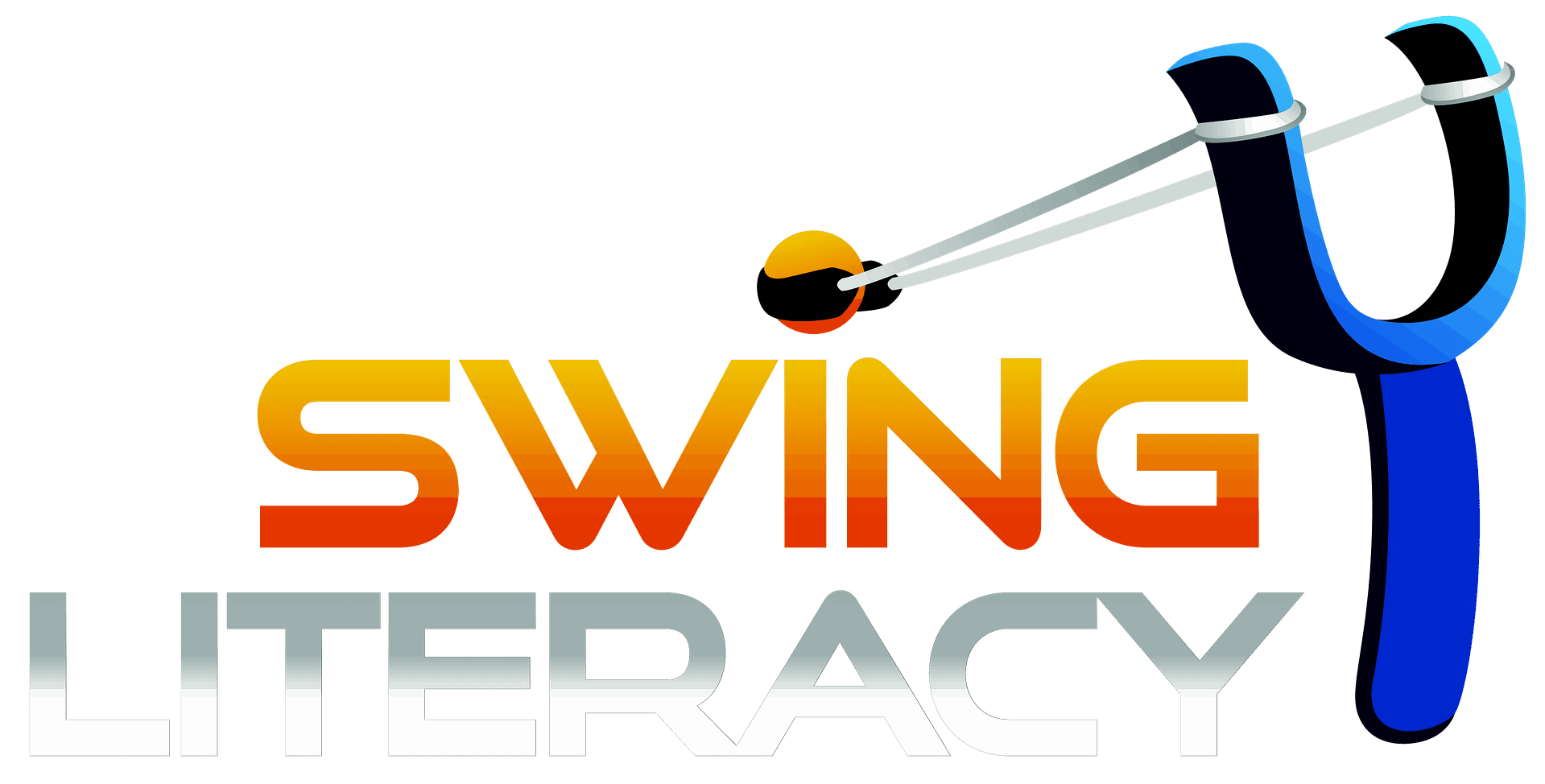
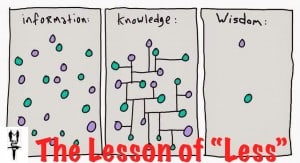
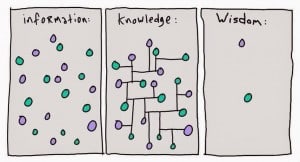
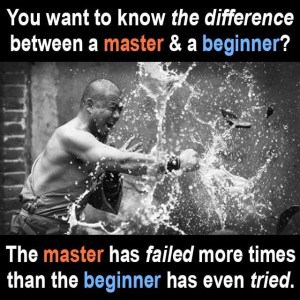
Yes!
This was an absolutely wonderful read with heaps of awesome information! Thank you so much for sharing!
Thank you so much for the information. Dancers, beginner or advanved, teachers ,students should read this. Its is very informative